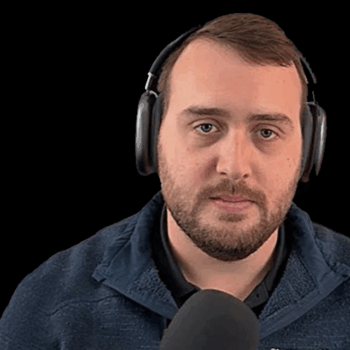

In a captivating and timely video interview, we engage with Prof. Blanco, an expert on Venezuelan politics, to dissect the intricate political developments following a significant primary election in Venezuela. A charismatic young leader has emerged, capturing 93% of the opposition’s vote, and igniting hope for a democratic shift away from the longstanding dictatorship. However, the Maduro regime, rooted in the ideologies of Hugo Chavez (himself endorsed by Fidel Castro), is desperately attempting to sidestep this potential electoral responsibility. Adding a layer of complexity, the Biden administration, represented by Secretary of State Anthony Blinken, has recently eased sanctions on Venezuela, anticipating compliance with international democratic standards. This move, however, seems premature as the regime declares María Corina Machado ineligible to run, a classic tactic of dictatorships to suppress opposition. This situation is paralleled by a nuanced irony unfolding in the United States. The Biden administration, while advocating for fair elections abroad, is simultaneously entangled in legal and judicial confrontations with former President Donald Trump. The Biden administration’s approach echoes past diplomatic strategies, such as the Iran Nuclear Deal, where concessions were made in anticipation of future compliance. This contrasts sharply with the deal-making philosophy espoused by Donald Trump, emphasizing accomplishment before reward. Join us as Prof. Blanco helps us navigate these complex political waters, drawing on historical transitions from authoritarian regimes and emphasizing the crucial role of social institutions. Together, we’ll explore the ironies of international diplomacy and reflect on the path forward for Venezuelan democracy.
Table of ContentsDiscussion about Venezuela’s quest for democracyMention of María Corina MachadoReference to the situation in Venezuela and challenges facedDiscussion on the differences between the Cuban and Venezuelan revolutionsMention of Fidel Castro and Hugo ChávezReference to the “pink wave” in Latin AmericaComparison between socialist and conservative approachesDiscussion about the challenges of transitioning from an authoritarian regime to democracyMention of South Africa’s transitionMention of authoritarian versus totalitarian regimesReference to the difficulty of achieving a transition from the leftMention of the timeframe for possible elections in VenezuelaDiscussion about the need for an agreement and incentives for the current regime in Venezuela to transitionMention of maintaining institutions during a transitionMention of the influence of international events on election timingReference to the Argentine elections and support for certain candidatesFAQs (Frequently Asked Questions) AnswersRelated Articles
Discussion about Venezuela’s quest for democracy
Venezuela’s pursuit of democracy is at the forefront of global political discussions. In recent years, the nation has been grappling with the challenges posed by its authoritarian regime. The desire for democracy has gained momentum with the emergence of a charismatic young leader who has captured the hearts and votes of the opposition, creating a glimmer of hope for a democratic transition.
Mention of María Corina Machado
At the heart of this political upheaval is María Corina Machado, a prominent figure in Venezuela’s opposition movement. Her bid for leadership has been met with both enthusiasm from her supporters and resistance from the Maduro regime. We delve into the intricacies of her candidacy and the obstacles she faces in her quest for democratic leadership.
Reference to the situation in Venezuela and challenges faced
The situation in Venezuela is highly complex, with significant challenges to overcome. The Maduro regime, deeply rooted in the ideologies of Hugo Chávez, has been reluctant to relinquish power and enable a smooth transition to democracy.
Discover more from Randy Bock MD PC
Subscribe to get the latest posts sent to your email.























